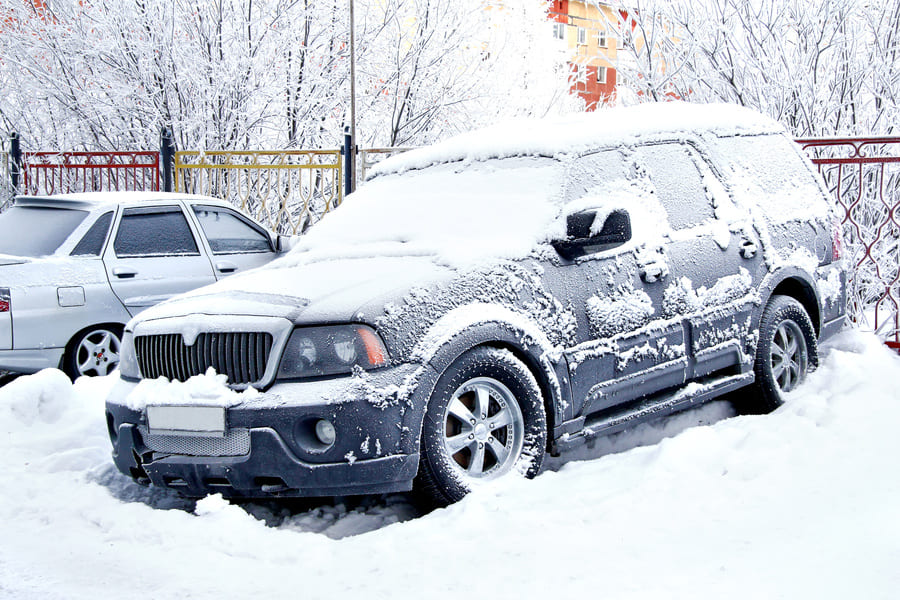As winter settles in, drivers in British Columbia face the challenges of cold weather, especially when it comes to starting their vehicles. At Atlas Driving School, we understand the importance of being prepared for winter driving conditions. Whether you’re taking driving lessons in Richmond or learning the ropes at our driving school in Surrey, knowing how to start your vehicle in cold weather can save you time and frustration. Here’s a comprehensive guide to help you get your car running smoothly, even on the coldest mornings.
Understanding the Challenges
Cold temperatures can significantly affect your vehicle’s performance. When the mercury dips, engine oil thickens, making it more difficult for the engine to turn over. Additionally, the chemical reactions within your car’s battery slow down, reducing its ability to deliver the necessary power to start the engine. Recognizing these challenges is the first step toward ensuring your vehicle starts reliably.
Preparation is Key
Before winter hits, it’s essential to take proactive steps to prepare your vehicle:
- Check Your Battery: A weak battery is the most common reason for starting issues in cold weather. Have your battery tested, especially if it’s more than three years old. Look for corrosion on the terminals and ensure connections are tight.
- Use the Right Engine Oil: Consult your vehicle’s owner manual to find the recommended oil viscosity for winter. Opt for lower-viscosity oils, such as 5W-30, which flow more easily at low temperatures. Regular oil changes will ensure that your engine is well-lubricated.
- Inspect the Electrical System: Ensure that all wiring and fuses are intact. Turn off all electrical accessories before starting your car, as they can drain the battery and make starting more difficult.
- Consider Fuel Additives: In extremely cold temperatures, fuel can gel. A fuel additive designed to prevent freeze-up can help absorb moisture and prevent ice from forming in your fuel lines.
- Engine Block Heater: If you live in particularly cold areas, consider installing an engine block heater. This device warms the engine and oil, making it easier to start.
Starting Your Vehicle
Even with the best preparations, you may face challenges starting your vehicle. Here’s the proper technique to follow:
- Turn the Key: Insert the key to the start position. Hold it for no longer than 10 seconds. If the engine doesn’t start, wait a minute before trying again to avoid damaging the starter motor.
- Manual Transmissions: If you drive a manual vehicle, depress the clutch while starting the engine to reduce the load on the battery.
- Newer Automatics: You may need to depress the brake pedal to engage the start engine button for newer automatic vehicles.
- Avoid Excessive Gas Pumping: If you have an older vehicle with a carburetor, avoid pumping the gas pedal excessively, which can flood the engine.
- Warm Up Your Engine: Once your vehicle starts, allow it to idle for a few minutes to let the engine oil circulate. This gentle warm-up reduces wear and tear.
What to Do if Your Car Doesn’t Start
If your vehicle still doesn’t start, don’t panic. Here are the steps to take:
- Jump-Start the Battery: Keep a set of good-quality jumper cables in your vehicle. If you can’t access another vehicle, consider investing in a portable jumpstarter.
- Check for Fuel Issues: A fuel line additive can help thaw the lines if you suspect fuel gel. Always read the instructions before using.
- Contact Roadside Assistance: If all else fails, avoid excessive attempts to start your vehicle, as this can drain the battery. Contact a roadside assistance service or a mechanic for professional help.
Conclusion
At Atlas Driving School, we prioritize your safety and success on the road, especially during the challenging winter months. By understanding how cold weather affects your vehicle and following these guidelines, you can confidently start your car. Whether you’re learning to drive at our driving school in North & West Vancouver or exploring your options among driving schools in New Westminster, being prepared will enhance your driving experience this winter. Stay warm, stay safe, and happy driving!

